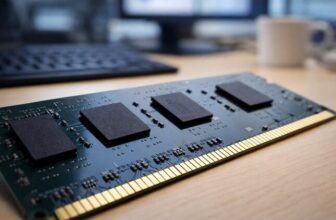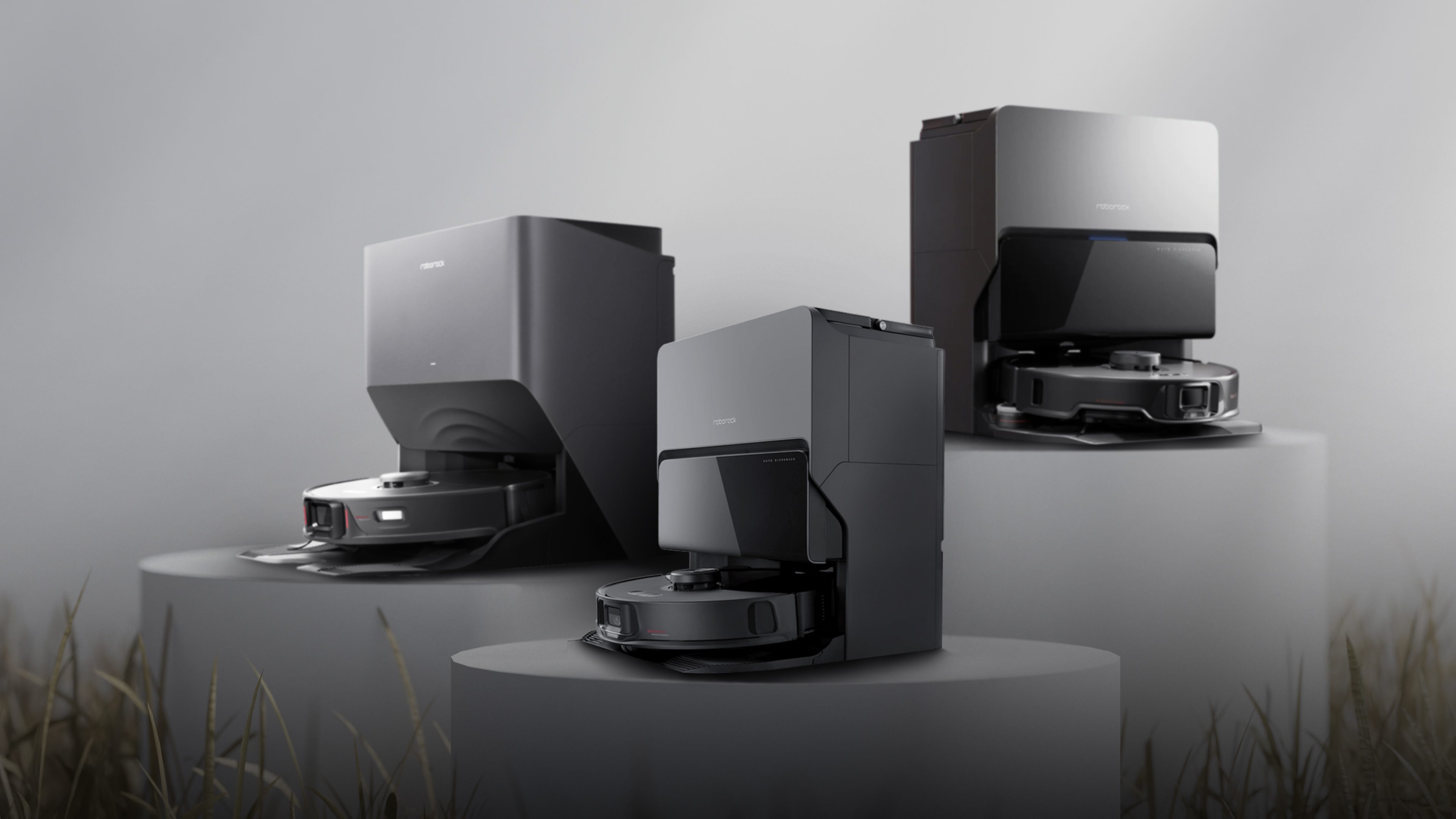

Super Mario Bros. Wonder has already been praised in early hands-on previews for being one of the most refreshing takes on the 2D series in a very long time and it seems part of the reason behind this is tied to the fact there was no deadline in the early phases of its design.
Speaking to Wired, the game’s producer Takashi Tezuka mentioned how during the prototyping stage, there was no due date, which seemingly encouraged more creativity and ideas. Here’s exactly what he had to say:
Takashi Tezuka: “I wanted to prevent people from saying, ‘We won’t make that deadline, so that’s why we didn’t do it—we can’t do it,’”
Mario Wonder’s director Shiro Mouri added to Tezuka’s comment, mentioning how the number of ideas generated for Wonder effects was apparently in the thousands, and from there, the best ones were refined:
Shiro Mouri: “The number of ideas we got was probably over a thousand, 2,000 ideas.”
Wonder effects have the ability to completely transform courses in all sorts of unique and unexpected ways. This upcoming Switch release also has a lot of other immediately noticeable differences compared to the average 2D Mario game – such as elephant power-ups and talking flowers.
This insight into Wonder’s development is all insightful stuff, especially when conversations from within the games industry nowadays are often about studio crunch culture and new releases having to meet certain deadlines.

Super Mario Bros. Wonder has already been praised in early hands-on previews for being one of the most refreshing takes on the 2D series in a very long time and it seems part of the reason behind this is tied to the fact there was no deadline in the early phases of its design.
Speaking to Wired, the game’s producer Takashi Tezuka mentioned how during the prototyping stage, there was no due date, which seemingly encouraged more creativity and ideas. Here’s exactly what he had to say:
Takashi Tezuka: “I wanted to prevent people from saying, ‘We won’t make that deadline, so that’s why we didn’t do it—we can’t do it,’”
Mario Wonder’s director Shiro Mouri added to Tezuka’s comment, mentioning how the number of ideas generated for Wonder effects was apparently in the thousands, and from there, the best ones were refined:
Shiro Mouri: “The number of ideas we got was probably over a thousand, 2,000 ideas.”
Wonder effects have the ability to completely transform courses in all sorts of unique and unexpected ways. This upcoming Switch release also has a lot of other immediately noticeable differences compared to the average 2D Mario game – such as elephant power-ups and talking flowers.
This insight into Wonder’s development is all insightful stuff, especially when conversations from within the games industry nowadays are often about studio crunch culture and new releases having to meet certain deadlines.
Do you think Nintendo’s creativity will be on full display in this upcoming release? Tell us in the comments.
- Related Games

























![Samsung Galaxy Watch Ultra (2025) 47mm LTE Smartwatch, Titanium Casing, Advanced Sleep Coaching, Running Coach, Energy Score, Heart Rate Tracking, GPS, Titanium Silver [US Version, 2 Yr Warranty] - Product Image](https://guidantech.com/wp-content/uploads/2026/02/samsung-galaxy-watch-ultra-2025-47mm-lte-smartwatch-titanium-casing-advanced-sleep-coaching-running-coach-energy-score-heart-rate-tracking-gps-titanium-silver-us-version-2-yr-warranty-1-100x115.jpg)
